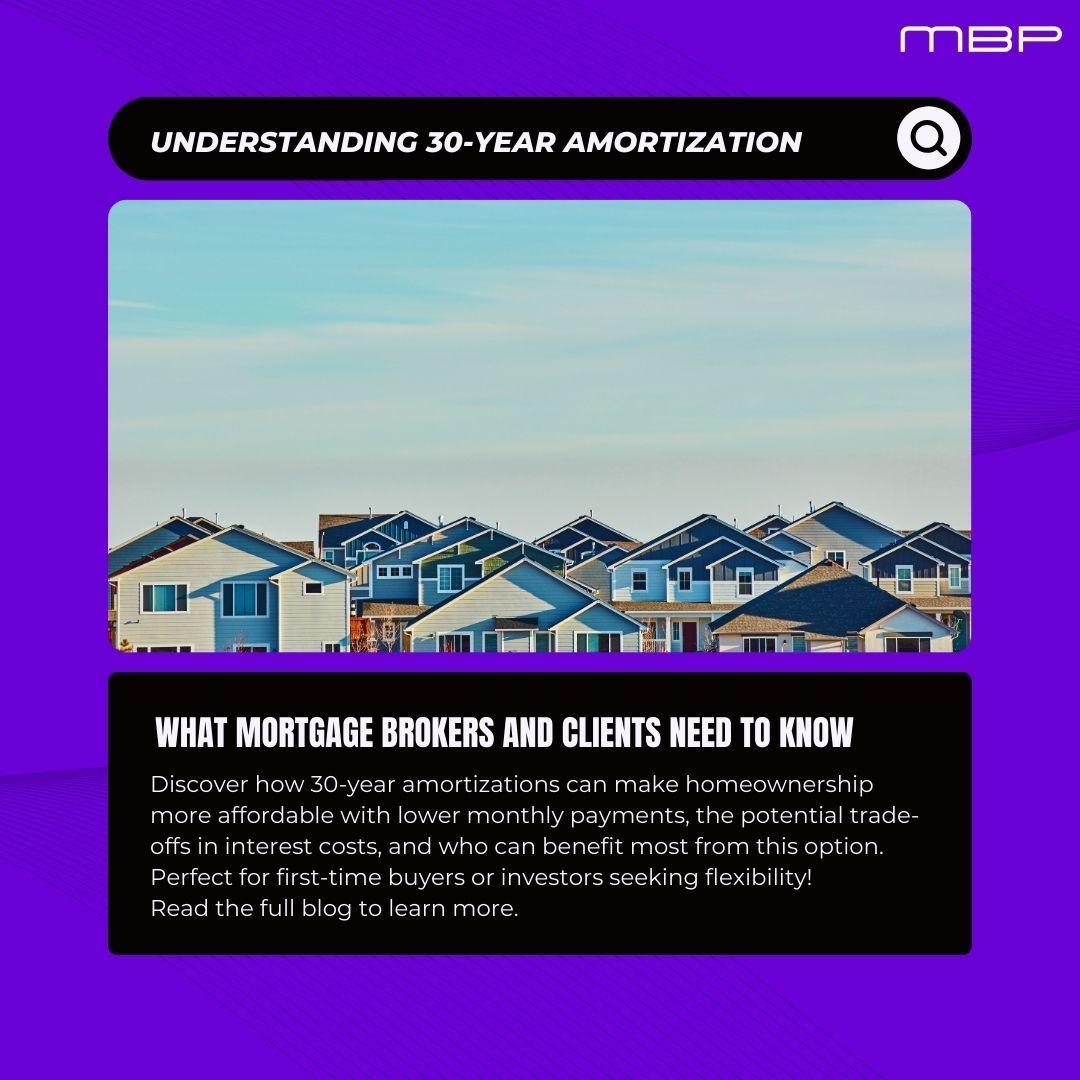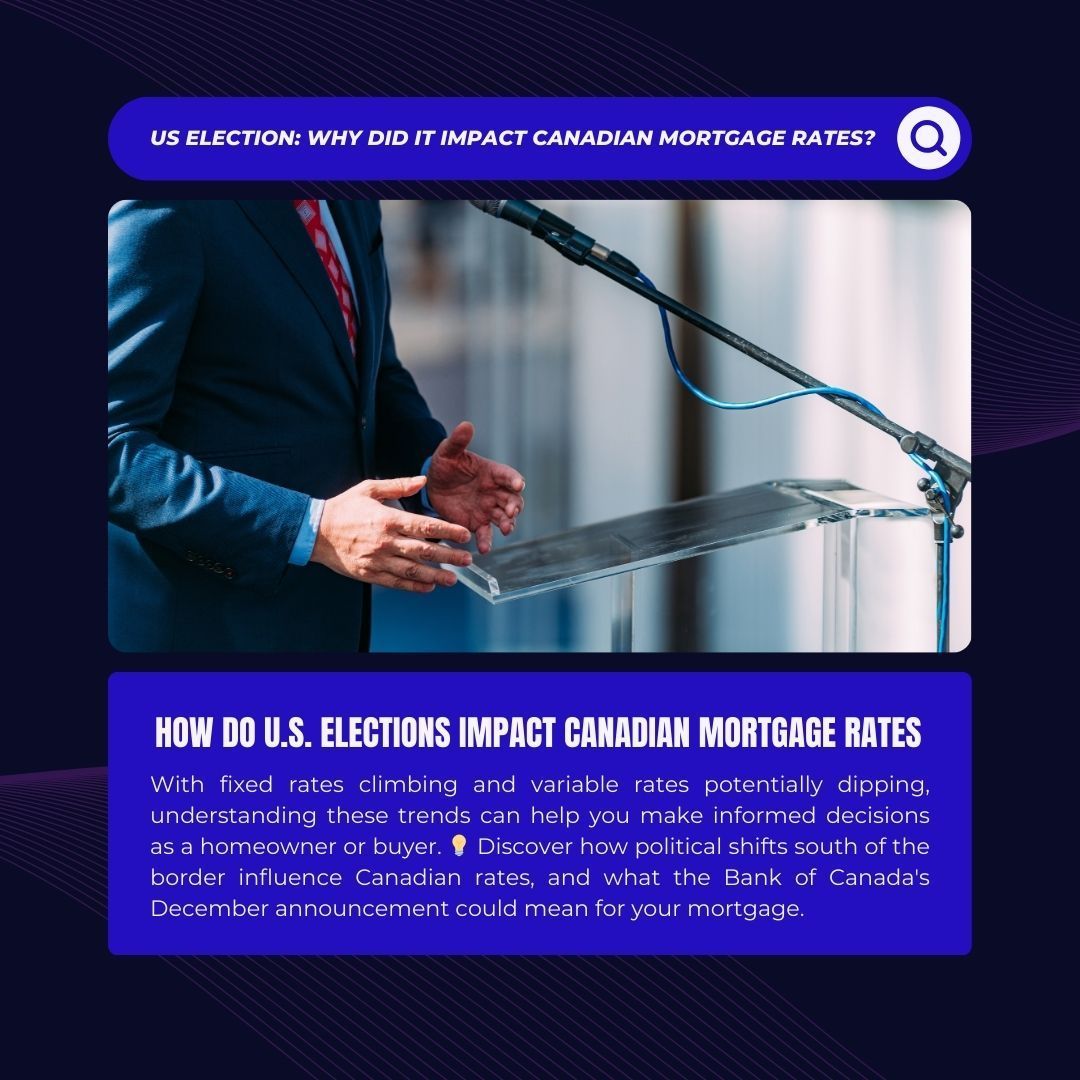MORTGAGE BLOG
YOUR RED DEER MORTGAGE EXPERT

Let’s be real—2020 was a great time to buy a home. Prices were lower, and mortgage rates were sitting at 2.84% . But if you didn’t buy then, you’re not alone. Many people hesitated, waiting for the “perfect” time to enter the market. Now, home prices are higher, rates have fluctuated, and some buyers are still waiting. But here’s the truth: there is no perfect time to buy—only the right time for you. Barbara Corcoran @barbaracorcoran puts it:

When choosing a mortgage, many borrowers focus on getting the lowest interest rate. But what happens if life throws a curveball and you need to break your mortgage early? The penalty for breaking a mortgage can be significant—sometimes wiping out any savings you gained from a lower rate. That’s why it’s important to weigh your options carefully.

With all the uncertainty surrounding Canada’s proposed capital gains tax changes, many property owners are asking, "Do I have to pay capital gains if I sell my house?" or "Should I sell my investment property before the tax rules change?" In June 2024 , the federal government proposed increasing the capital gains inclusion rate —the portion of capital gains that is taxable. This change could significantly impact investors and property owners selling secondary residences, rental properties, or cottages. But here’s the challenge: the rules haven’t been finalized yet. As Jamie Golombek explains in a recent Financial Post article , “Uncertainty remains as to what the final capital gains tax rules will look like, or even if they will be implemented at all.” Despite this uncertainty, the Canada Revenue Agency (CRA) has announced it will proceed with collecting taxes based on the proposed higher inclusion rate until a final decision is made. This means that even if you sell now, you could still face a larger tax bill. If the rules are later changed or rejected, the CRA may adjust tax filings—but in the meantime, selling could cost you more than you expect. The good news? Selling isn’t your only option. If you need access to cash or want to better manage your finances, refinancing or exploring alternative lending solutions could provide the flexibility you need—without triggering a large tax bill.

The Bank of Canada recently made headlines by cutting its benchmark interest rate by 50 basis points, a move aimed at providing relief to borrowers and stimulating economic growth. This rate cut—the second in recent months—is a game-changer for homeowners and prospective buyers alike. As your trusted mortgage broker, we’re here to break down what this means for you and how it could impact your financial decisions.

When it comes to financing a home, amortization is a key term mortgage brokers often discuss with their clients. While shorter amortization periods are common in Canada, the concept of a 30-year amortization has gained traction among some buyers and brokers. This blog dives into what it is, its benefits, its drawbacks, and when it might make sense for you or your clients.

Moving to a new country is a big step, and finding a place to call your own can make settling in even more rewarding. For newcomers to Canada, the journey of purchasing a home can feel both exciting and overwhelming. This guide is here to help you navigate the process of buying a home in Canada, providing a clear roadmap and essential tips to make your homeownership dreams a reality.

Over the past few months, the Canadian government has introduced significant changes to mortgage rules, aiming to make homeownership more accessible. These changes, set to take effect on December 15, 2024, address pain points in the existing system and offer potential solutions for homebuyers, especially first-timers and those seeking new builds.



